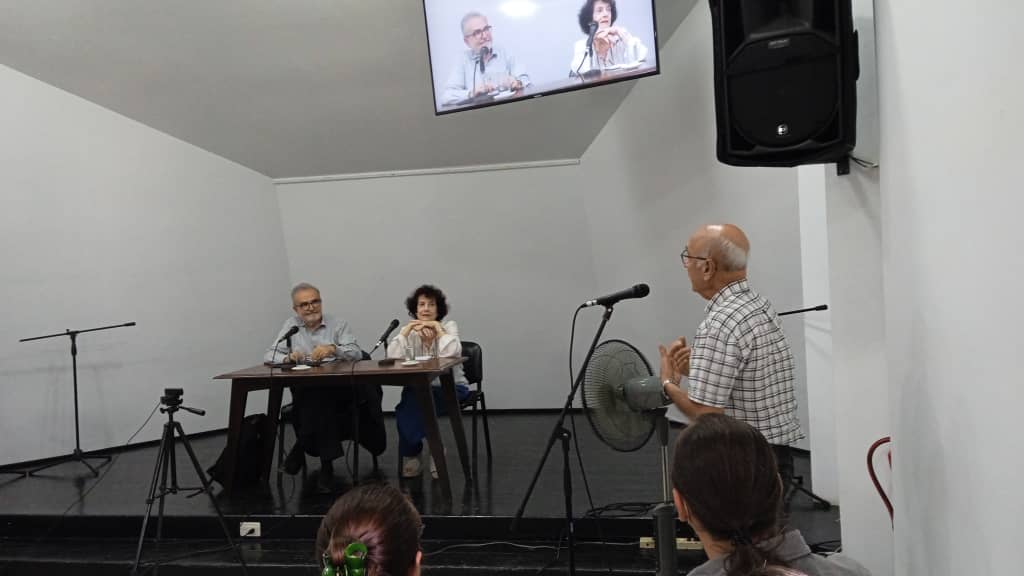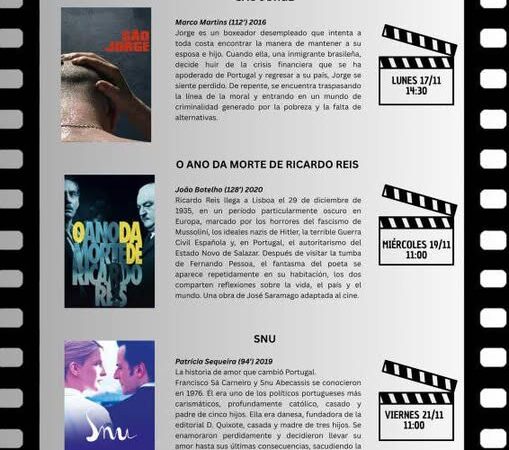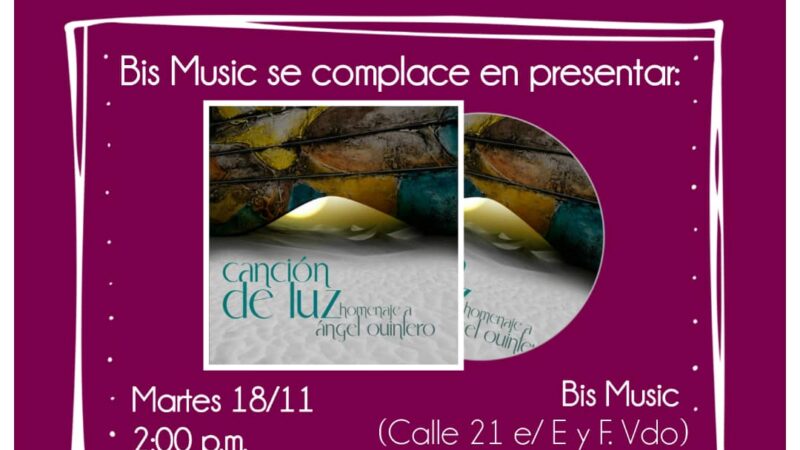Slavery and Law in Colonial Cuba, an approach from the Casa de las Américas

The evolution of slavery and the legal system in the colonial period, the historical approaches to the subject, and the peculiarities of its behavior in the Americas were some of the aspects of the panel developed by the Spanish historian Dr. José Antonio Piqueras in the Manuel Galich Hall of the Casa de las Américas.
The Professor of Contemporary History at the Jaume I University, and winner of the 2022 Havana Institutional Prize for Literature, shared with history students and professors his reflections on the status of legislation and slavery in the largest archipelago of the Antilles.
In the lecture entitled «Law, Society and Legal Culture. Slaves and the Law in Cuba,» the researcher addressed the importance of cultural context, the peculiarities of each territory, and the lack of a legislative system in the Americas.
«I was interested in seeing what regulations there were and how historians, through legal formulas, bring us closer to a form of property that was ownership over other people,» Dr. Piqueras pointed out.
He also mentioned that although the legislative elements did not have references and bases based on the demands and conditions of the moment, this did not prevent the creation of laws to justify the appropriation in the slave system.
In addition, he highlighted the role and limitations of the research approach to particular cases since they constitute categories and do not reflect the inherent tendencies in the social life of the object of study.
For Cuban professor Dr. María Carmen Barcia, these and other references in Dr. Piqueras’ studies on slavery allow her to approach the subject with greater freedom.
At the conference, the author indicated that he also has a forthcoming title in the works: Ancient Law and Modern Slavery. Slaves, Law and Justice in the Spanish Empire in the Americas.
In his production, José Antonio Piqueras has books such as La esclavitud en las Españas. Un lazo trasatlántico; Bicentenarios de libertad: La fragua de la política en España y las Américas and Cuba, emporio y colonia. La disputa de un mercado interferido.
On Wednesday, April 19, the Doctor of History from the University of Valencia will give a lecture organized by the Institute of Cuban History at the Captains General Museum in the Historic Center of Havana.
Meanwhile, on Wednesday, April 26, he will be present at the Casa de las Américas on the occasion of the book Moneda y malestar social en Cuba (1790-1902), for which he won the Casa 2022 Literary Prize in the category of Artistic-Literary Essay.
Translated by Luis E. Amador Dominguez



